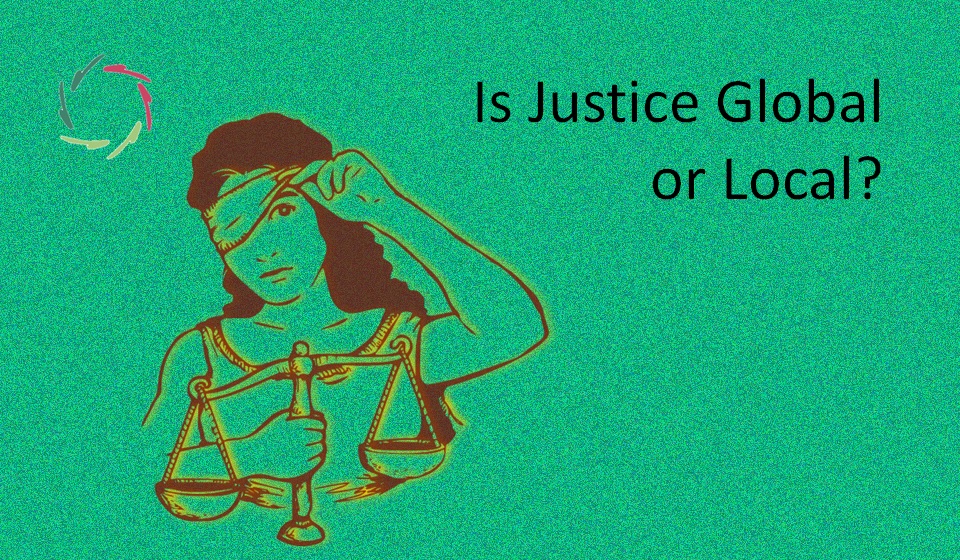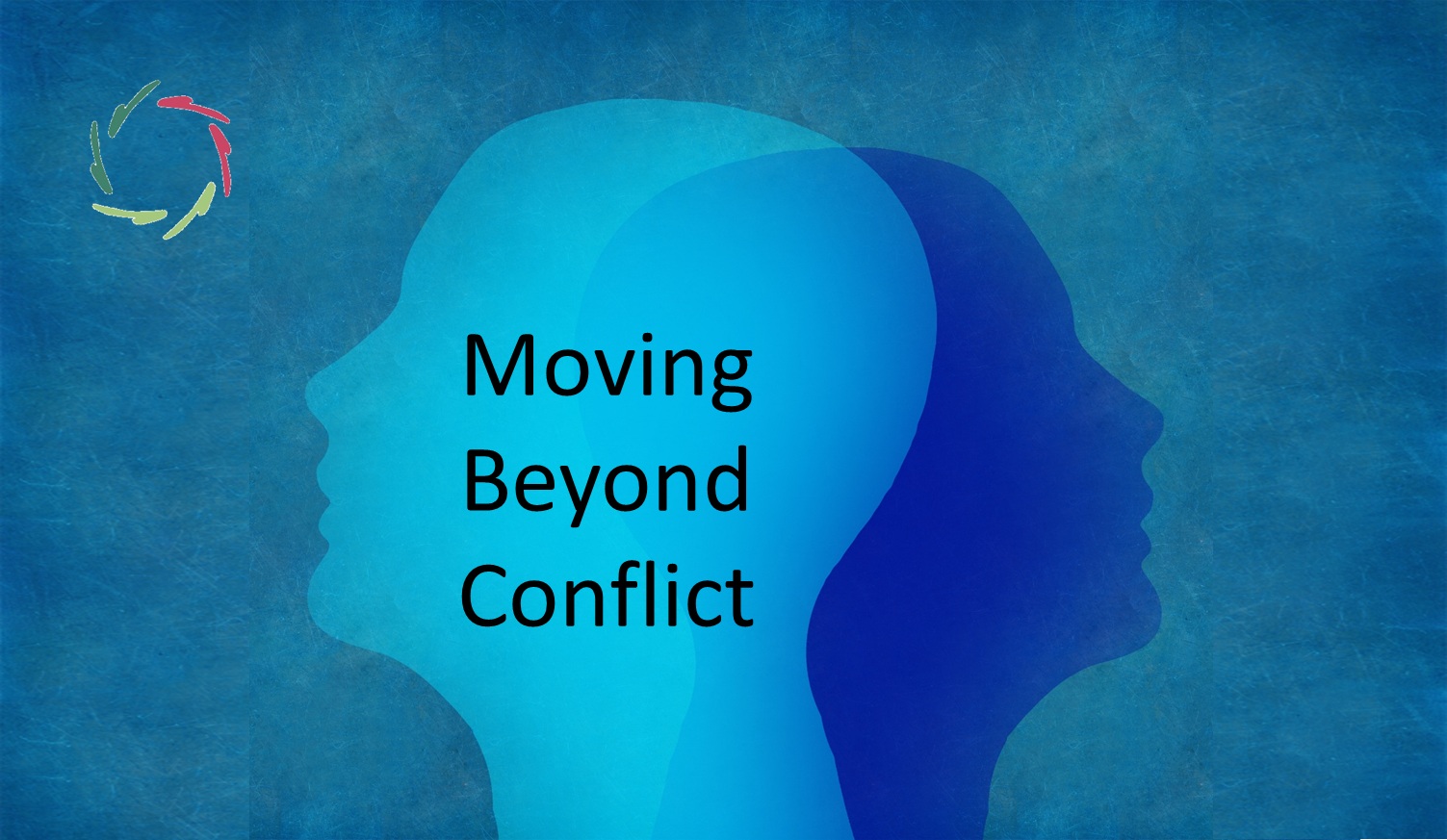Is Justice Global or Local?

At present, concrete (‘positive’) justice is mainly local, while global Justice – as an abstract concept such as Love and Meaning – seems, to many at least, merely an afterthought.
Meanwhile, is global Justice a driver or is it straightforwardly unimportant?
Focusing on big-J Justice
Is each small-character justice then a translation of big-J for the sake of local culture?
Or is Justice – whether characterizable or not – something one can relate to as a total person? Is it appropriate to say — or think or emphatically feel: This is Justice — that is Injustice? What do people demand when clamoring for Justice?
Can one reason through it all and come to rational insights that cannot be otherwise?
Does this make international small-character justice utterly impossible, or really very hard, at least?
Perhaps local justices merely pop up from local circumstances.
Then, because local circumstances – including human beings – are similar globally, we end up with similar local justices and regional variants.
However, in different circumstances, we could end up with very different local justices. Of course, this is the case to a vast degree, especially In pretty remote times and places. For one instance among many, in the Roman Empire two millennia ago, slaves were property — in many cases worth less than a simple tool. Yet this was a society that put huge importance on its judiciary system.
If Justice exists, then for sure, it generally doesn’t influence local justices too much.
This looks like the God question: if God exists (all-mightily, all-present, all-good), then why is there so much suffering? May God (or the godly itself) be incomprehensible?
Is Justice incomprehensible? Or do we construct something when talking about it?
Apparently, there are more questions than answers.
Intuitively, the existence of Justice seems straightforward. We seem to be born with a striving for Justice. This makes us yearn for an ephemeral slot that needs a concrete key. The more we try, the more the ephemeral can look real and rational.
But strictly rationally, there are many questions on the path. This distinction between what is and what should be might well remain with us forever.
Then, what about global Justice?
The world is becoming a smaller globe every year. Local justices may clash more and more. If each is imbued with the numinous (symbolic, very profound) energy of Justice, the clashes may become world-shaking. We should avoid that. Neglecting this responsibility may lead to increasingly serious geopolitical tensions, as we are witnessing. It can get much worse.
Adjusting local justices to a kind of international justice – or superimposing the latter upon the former, or trying to impose one upon the rest of the world – may get us only so far as to let the underlying fetter until it explodes.
The present multipolar world forbodes immense pending challenges.
So, is there a viable alternative to ‘world order’?
Absolutely, yes, but it demands an immense amount of work and provides no guarantee within one’s lifetime.
So, what are we waiting for?


